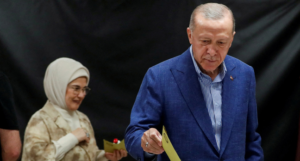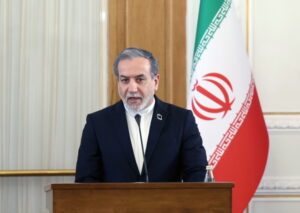On May 14, 64 million citizens of Turkey went to polling stations in the wake of a punishing economic crisis, widening democratic deficit and a government revealed as totally helpless in relief efforts after February 6 earthquakes killed more than 50,000 people. The opposition bloc had never been stronger against an autocratic regime that is giving serious signs of metal fatigue.
Turkey is a poor country where per capita income is barely $9,000. Budget and current account deficits have been ballooning, annual inflation is running at 43% (official) to 105% (unofficial) and unemployment is soaring.
In response, President Recep Tayyip Erdogan’s campaign, after a rule of 21 years, highlighted “our country’s survivability against major Western powers, the Crusaders, enemies within, traitors, terrorists, atheists and homosexuals.” Interior Minister Süleyman Soylu said that if the opposition won, they would legalize humans marrying animals.
Ukraine offers reconciliation to ally Poland over World War II-era massacre
On May 14, Erdogan won 49.5% of the presidential vote against 44.9% cast for his rival, Kemal Kılıcdaroglu. Erdogan’s ruling bloc also won 324 seats in Turkey’s 600-seat parliament. There will be a second round for the presidential vote on May 28, but an opposition victory seems unlikely.
Read more: Gatestone Institute
Ask me anything
Explore related questions





